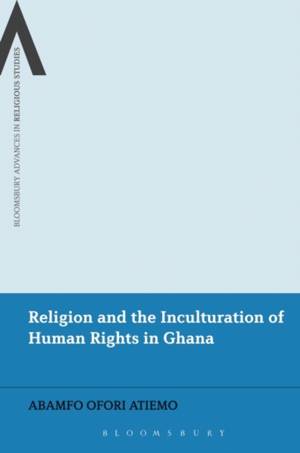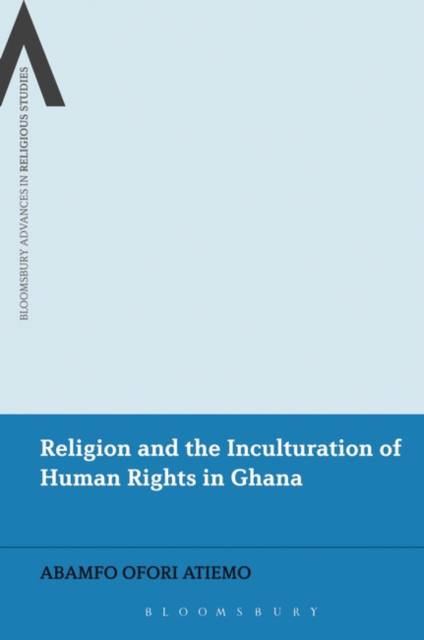
- Afhalen na 1 uur in een winkel met voorraad
- Gratis thuislevering in België vanaf € 30
- Ruim aanbod met 7 miljoen producten
- Afhalen na 1 uur in een winkel met voorraad
- Gratis thuislevering in België vanaf € 30
- Ruim aanbod met 7 miljoen producten
Zoeken
Religion and the Inculturation of Human Rights in Ghana
Abamfo Ofori Atiemo
€ 89,95
+ 179 punten
Uitvoering
Omschrijving
It has been maintained that the secular nature of modern human rights makes them incompatible with the religious orientation of African and non-Western societies. However, in view of the resilience of religion in the global and local public sphere, it is important to explore how religion can contribute to the promotion and enjoyment of human rights.
Based on fieldwork conducted in Ghana, Abamfo Ofori Atiemo here establishes a convergence between human rights and local religious and cultural values in African societies. He argues that human rights represent universal 'dream values'. This allows for a cultural embedding of human rights in Ghana and other non-Western societies. He argues that 'dream values' are usually presented in religious language and proclaimed, for example, by prophets and seers or expressed in certain forms of taboo, proverbs or legal norms. He employs the concept of inculturation, adaptation of the way Church teachings are presented to non-Christian cultures, as a hermeneutical tool for developing a model to understand the encounter between universal human rights and local cultures. Offering a new model for explaining the relation between religion and human rights, Religion and the Inculturation of Human Rights in Ghana offers a novel perspective on the links between global trends and local cultures underpinned by strong currents of religious ideas.Specificaties
Betrokkenen
- Auteur(s):
- Uitgeverij:
Inhoud
- Aantal bladzijden:
- 304
- Taal:
- Engels
- Reeks:
Eigenschappen
- Productcode (EAN):
- 9781472589934
- Verschijningsdatum:
- 23/10/2014
- Uitvoering:
- Paperback
- Formaat:
- Trade paperback (VS)
- Afmetingen:
- 156 mm x 234 mm
- Gewicht:
- 426 g

Alleen bij Standaard Boekhandel
+ 179 punten op je klantenkaart van Standaard Boekhandel
Beoordelingen
We publiceren alleen reviews die voldoen aan de voorwaarden voor reviews. Bekijk onze voorwaarden voor reviews.







